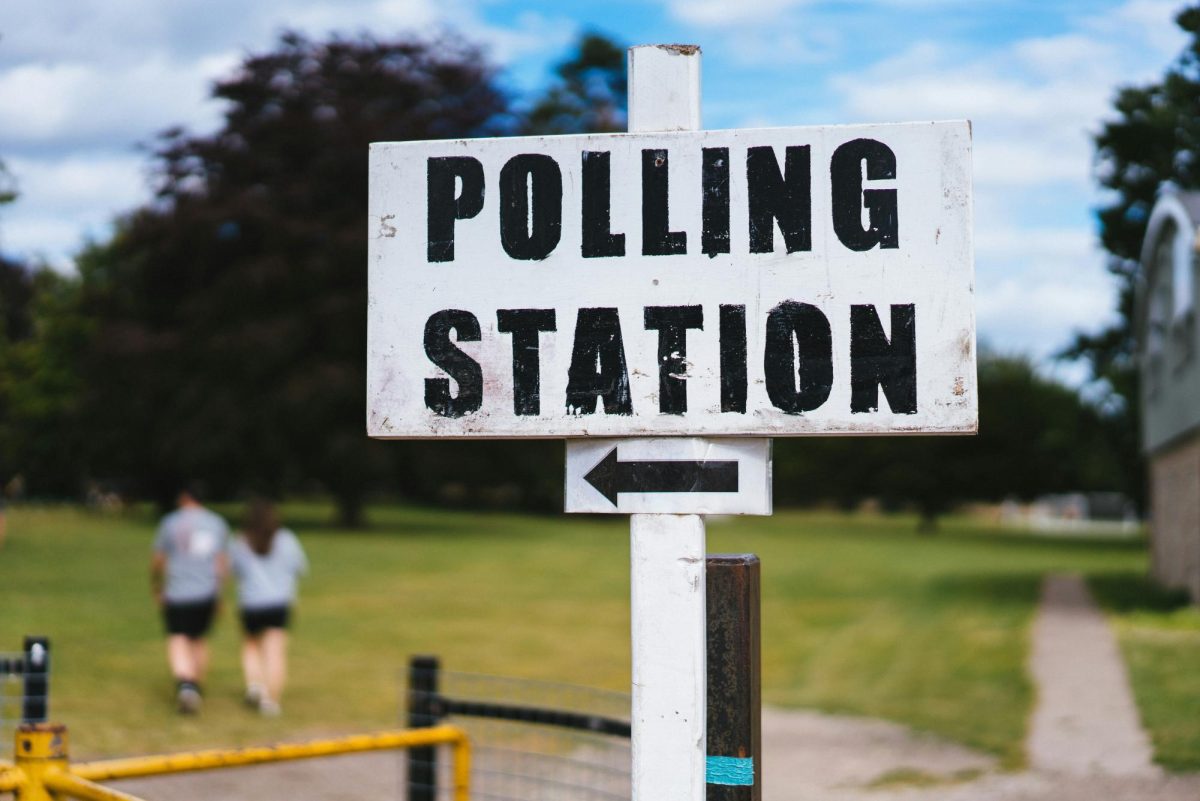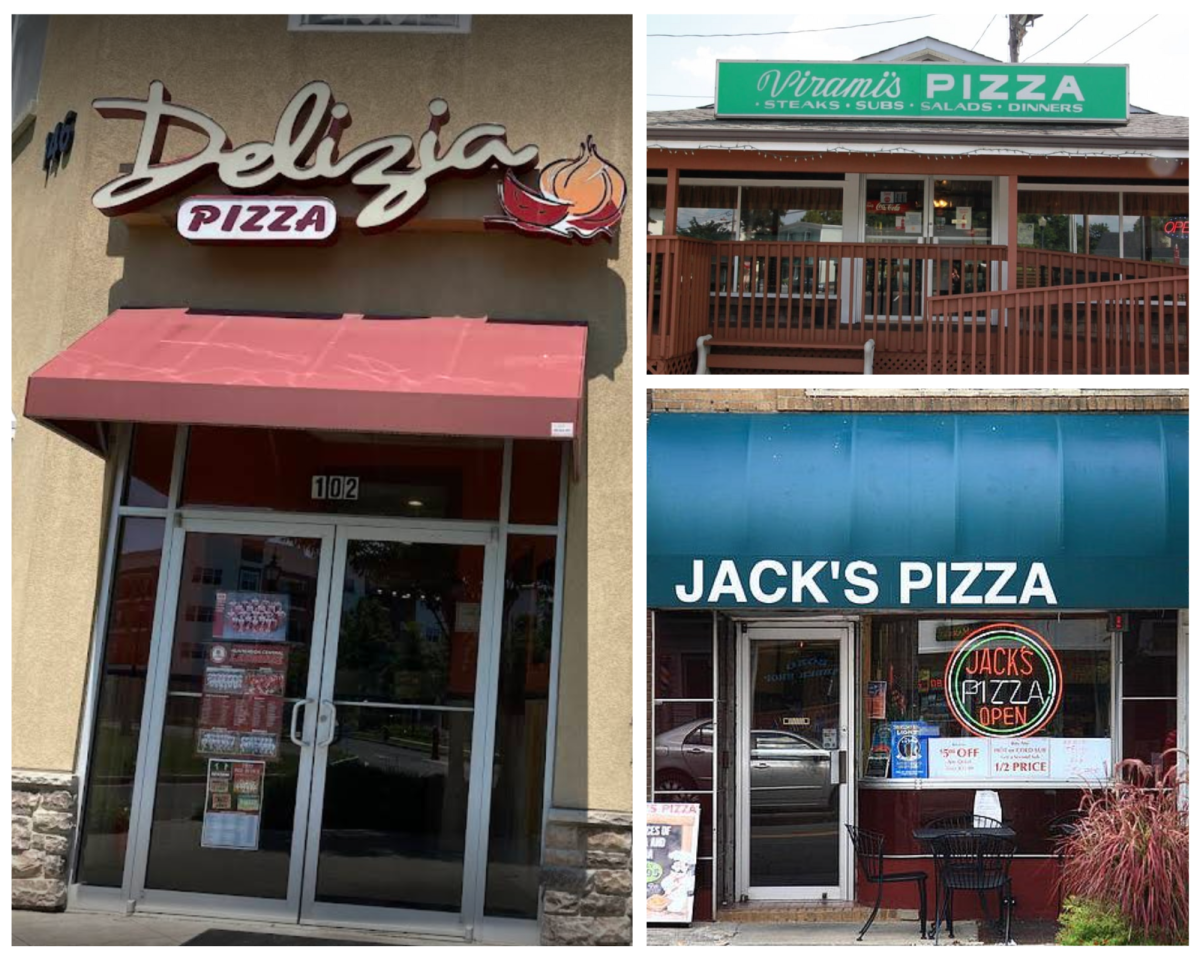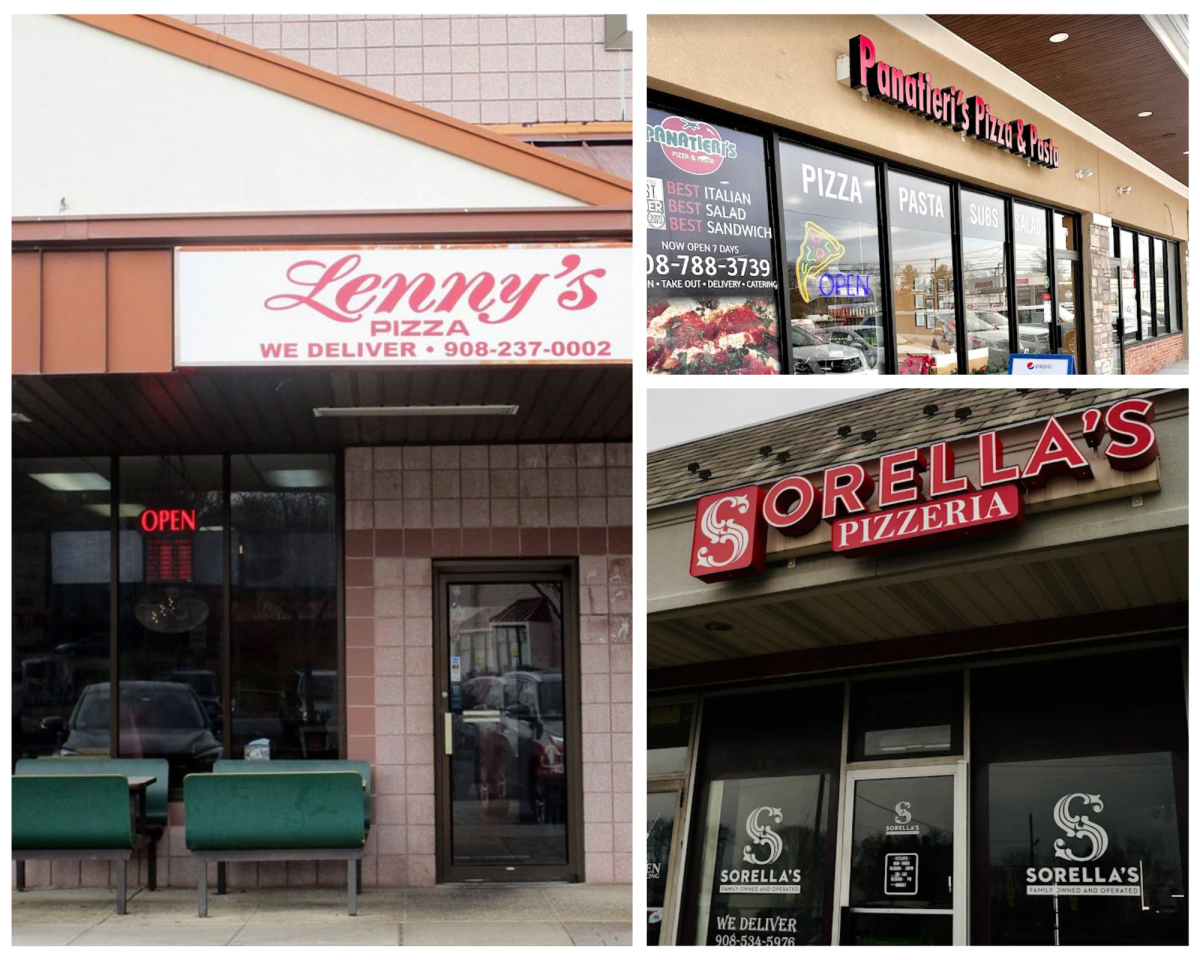If you were asked right now, “Who are our local elected officials?” Would you be able to name, for example, our county clerk or Board of Education representatives? How about any member of our state house or senate? If you can’t, you are not alone. In fact, according to Stockton University, more than half of New Jersey residents claim there is not enough news coverage to make informed decisions in local and state elections. Although presidential and congressional elections typically inspire high voter turnouts, apathy in local elections is a consistent blemish on American democracy.
What might explain the disinterest in local elections? Most students in Hunterdon County can probably recall the most prominent of recent elections: the 2020 general and 2022 midterm elections, in which Joe Biden won the presidency, unseating Donald Trump, as well as Tom Kean, Jr. unseating incumbent Congressional Representative Tom Malinowski, respectively. Both races flooded American TVs with dramatic ads that slandered their opponents or idolized themselves with heroism and greatness, resulting in colossal voter turnout. However, a much smaller portion of the electorate voted in local elections. Many of those who did not vote simply do not know enough, if anything, about their regional offices. In contrast to more high-profile officials, our state senate, county offices, and township committee members need more resources to maintain that same level of campaigning. Local campaigns almost always consist of door-to-door canvassing and phone calls conducted by a volunteer staff without the funding to pay for extra advertising.
Furthermore, media coverage of local campaigns is also severely lacking. Ask yourself when the last time you read an article or watched coverage on local candidates was compared to that of governors or US congresspeople. The less informed we are on any subject matter, the less likely we are to participate in said subject matter. In fact, according to Stockton University, “those with local news sources regularly vote in local elections at higher rates than those who do not have local news available to them (44% and 34%, respectively). In addition, higher rates of those with local news coverage said they felt informed enough to vote in these races (47%) compared to those without such coverage (27%).” While the media, such as news stations and online news apps, can usually fill gaps of ignorance among the electorate, it is clear that this is not always the case.
While most high schoolers may not be able to vote in these elections directly, they can still significantly influence their outcomes. By canvassing through neighborhoods, having conversations with local representatives, attending Board of Education meetings, encouraging others to register to vote, and joining youth-led political organizations, students can make their opinions heard about how our community is run. For example, Hunterdon Central offers many clubs for students to get involved in civil issues, from the newly founded Amnesty International to the long-standing Model UN, Youth & Government, Class Council, and The LAMP. In short, if you feel strongly about a political issue, make it heard.
As said by UN Deputy Secretary-General Jan Eliasson, “We need youth to engage in and share life-changing projects at the grassroots level. We look to you to work with local leaders, advocate for action, and be full partners with the national leaders and other participants in this.”
In the end, do local elections even matter? Yes. Our local officials directly influence our lives – deciding which roads get repaved, what policies will be a part of our school, how we get our ballots and vote, and much more. Furthermore, these are the people we see at ShopRite. The people we see on our morning coffee run. The people we wait in line with. These are the people who will listen to us. Most importantly, these people want to hear your opinions on matters regarding the county, so please go out and share them.
Sources:






